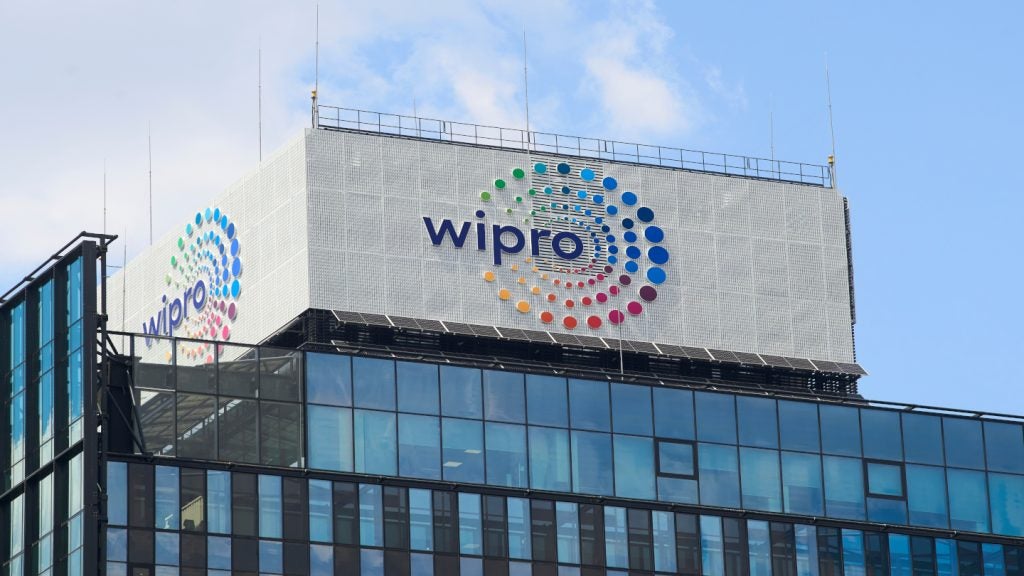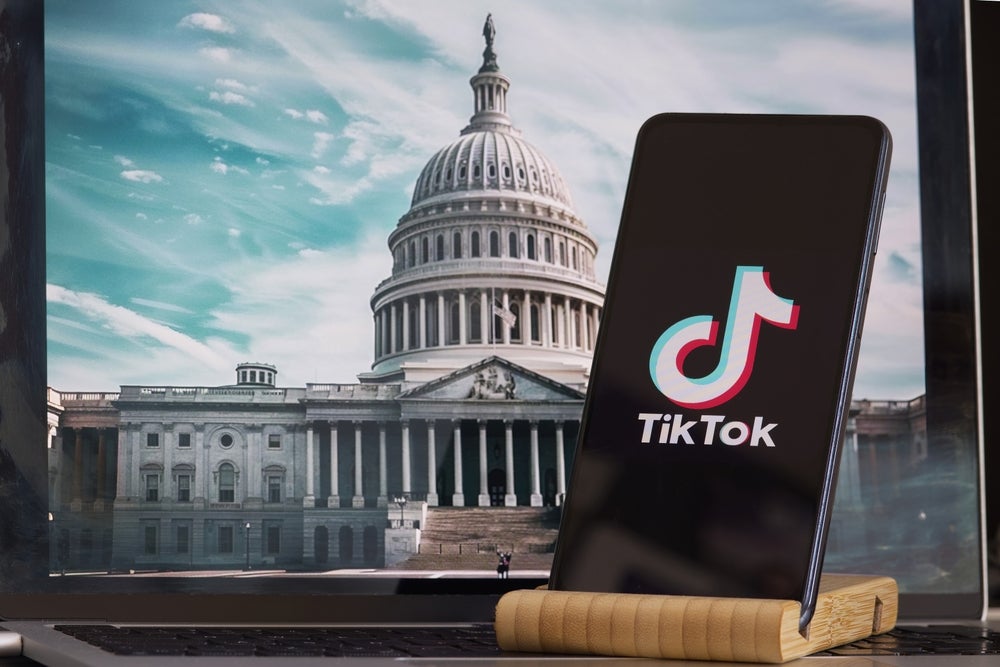
Thailand’s military government, otherwise known as the junta, has demanded that social media giant Facebook takes down content insulting the Southeast Asian country’s monarchy.
Facebook has already removed 178 of the 309 pages drafted by Thai courts for removal, but that’s not sufficient for the junta.
“If even a single illicit page remains, we will immediately discuss what legal steps to take against Facebook Thailand,” said Takorn Tantasith, secretary-general of Thailand’s National Broadcasting and Telecommunications Commission.
Facebook has until 10am local time on Tuesday to remove more than 130 items from its site.
Failure to comply with Thailand’s order will result in legal action.
“Every person must comply with Thai laws, and strictly follow rulings by local courts,” Tantasith told the Bangkok Post.
How well do you really know your competitors?
Access the most comprehensive Company Profiles on the market, powered by GlobalData. Save hours of research. Gain competitive edge.
 Company Profile – free sample
Company Profile – free sampleThank you!
Your download email will arrive shortly
Not ready to buy yet? Download a free sample
We are confident about the unique quality of our Company Profiles. However, we want you to make the most beneficial decision for your business, so we offer a free sample that you can download by submitting the below form
By GlobalData
Facebook considers requests from governments to block material, but will only do so if the content breaks local laws, according to the BBC.
Thailand’s strict lèse-majesté (royal insult) laws protecting the country’s royal family from public criticism are far-reaching.
Article 112 of the country’s criminal code says anyone who “defames, insults or threatens the king, the queen, the heir-apparent or the regent” will be punished with up to 15 years in prison.
Thousands of websites in Thailand have already been shut down, and people who share, or even like Facebook posts deemed offensive to the monarchy could spend time behind bars.
A man faces 15 years in jail for posting images on Facebook in 2015 of then-King Bhumibol’s favourite dog, the BBC reported.
Last month, the Thai government banned any online interaction with three of its most prominent critics — two academics and a anti-monarchist writer.
Since Thailand’s military government seized power in a 2014 coup, more than 100 people have been charged under lèse-majesté.
Thailand’s military junta gets its way
Google, which owns video-sharing website YouTube, has acquiesced to the Thai authorities’ demands in the past.
The search engine complied with 85 percent of Thailand’s content removal requests during the second half of 2015, according to the company’s transparency report.
“When we are notified of content that is illegal through official processes, we will restrict it in the country where it’s illegal after a thorough review,” Google said at the time.
So far, Thailand’s government’s censorship push has proved successful.
It remains to be seen whether Facebook will follow Google’s example, or risk legal action in the name of freedom of speech.







